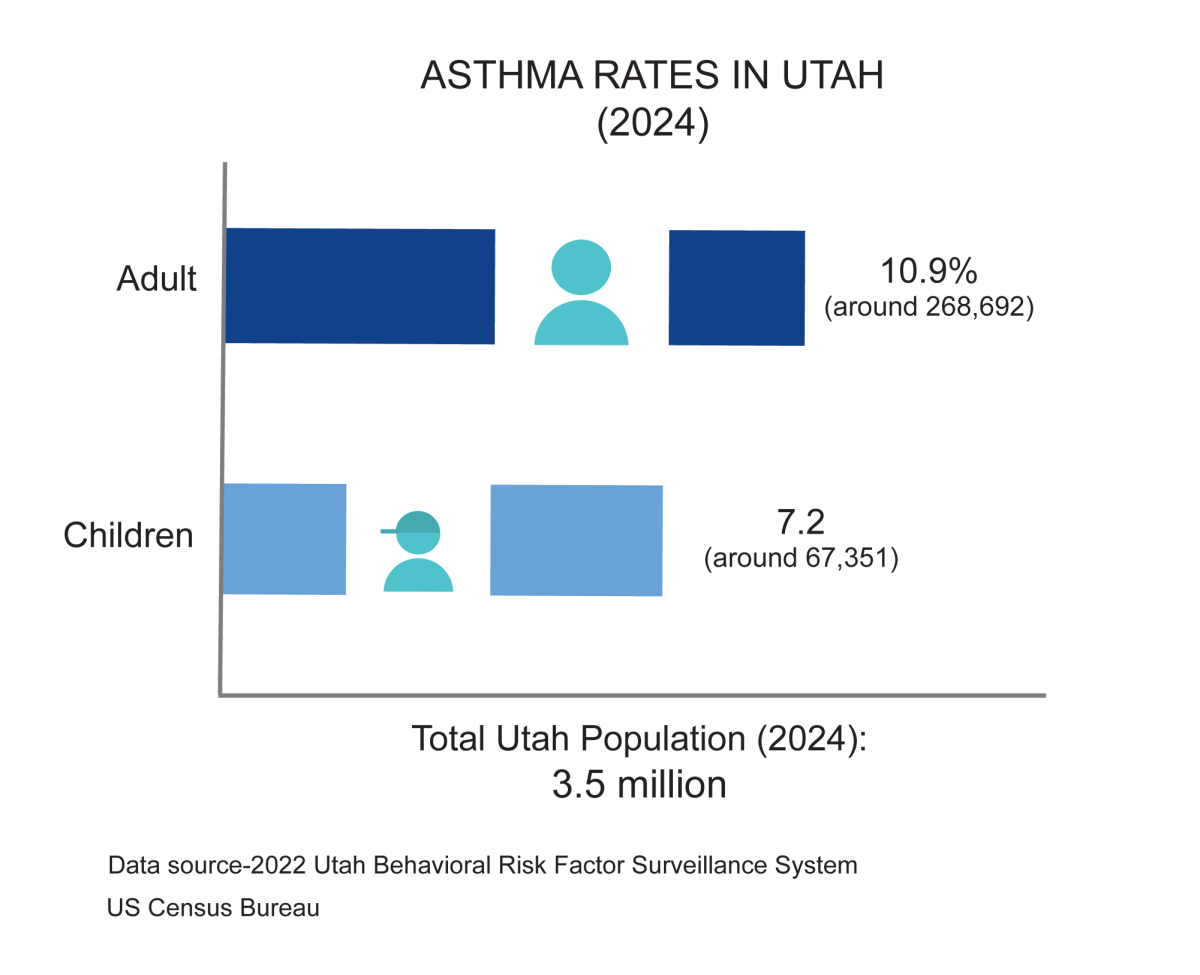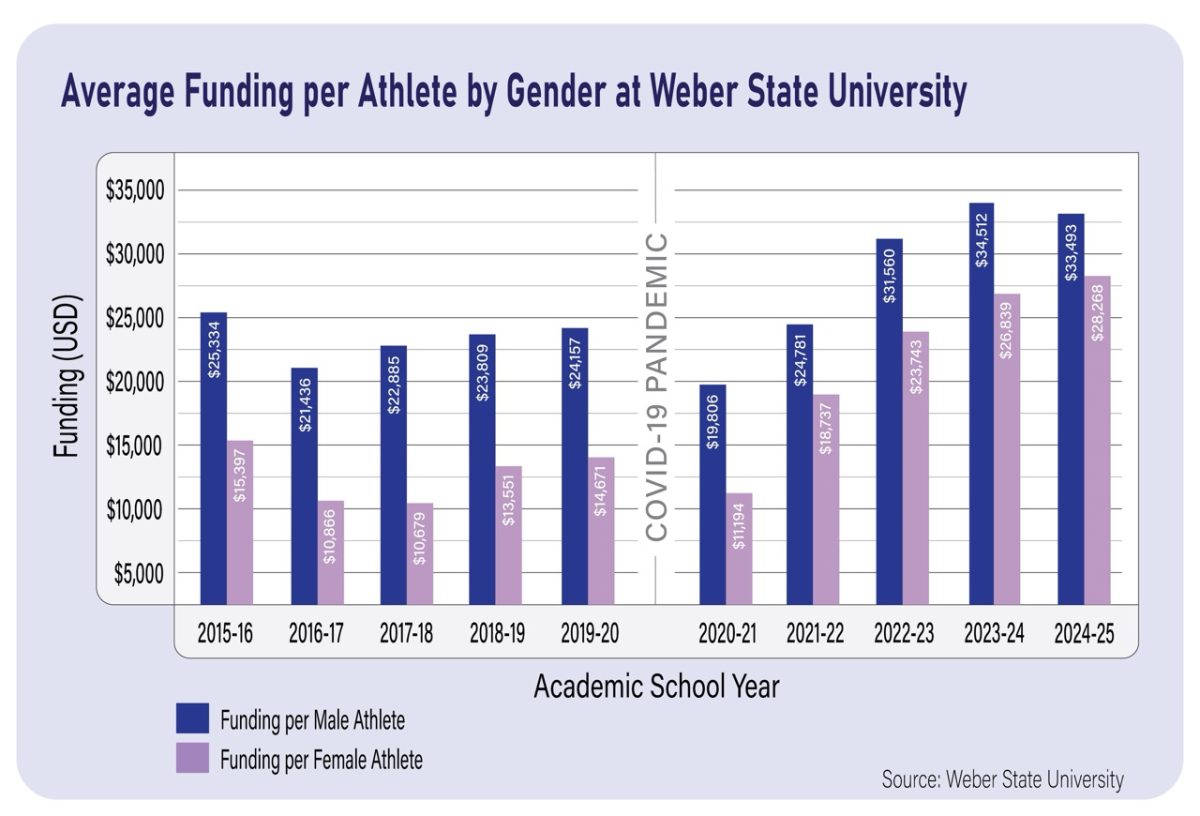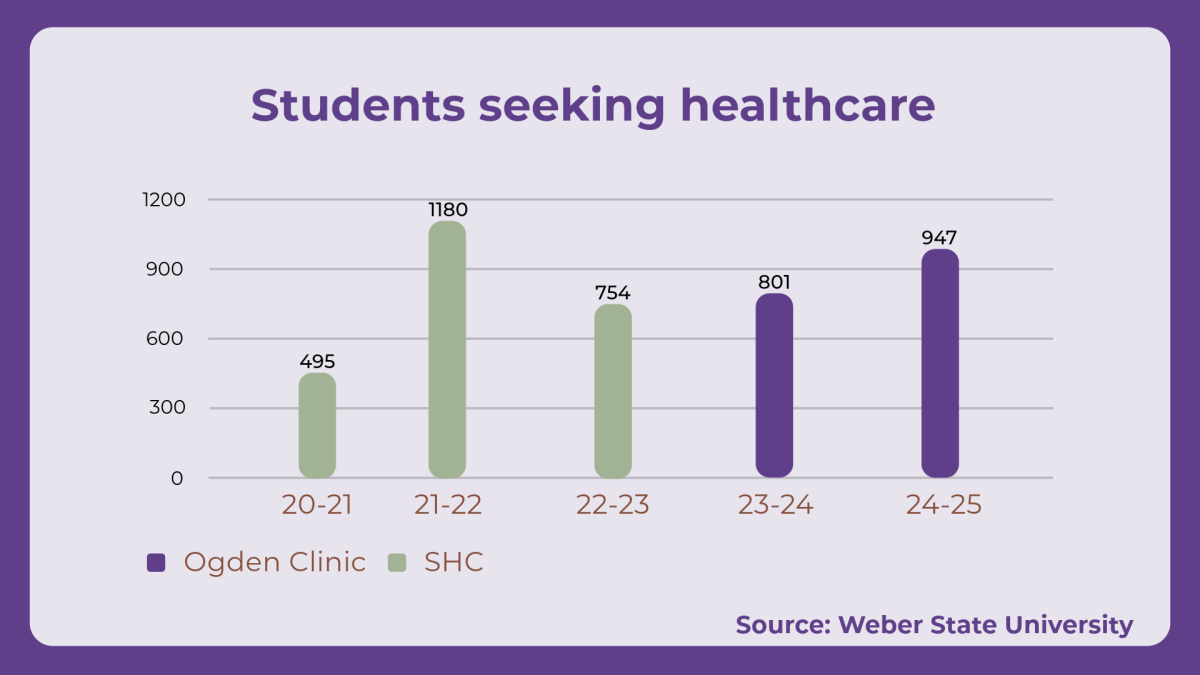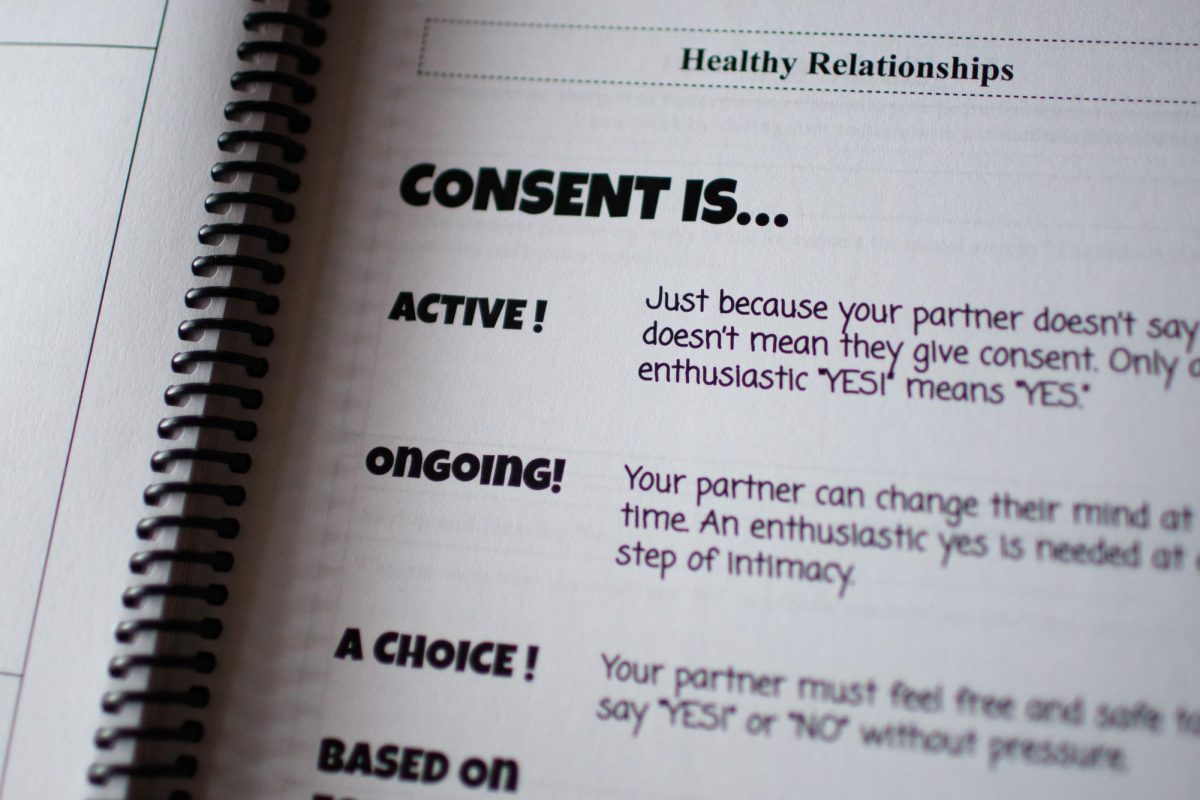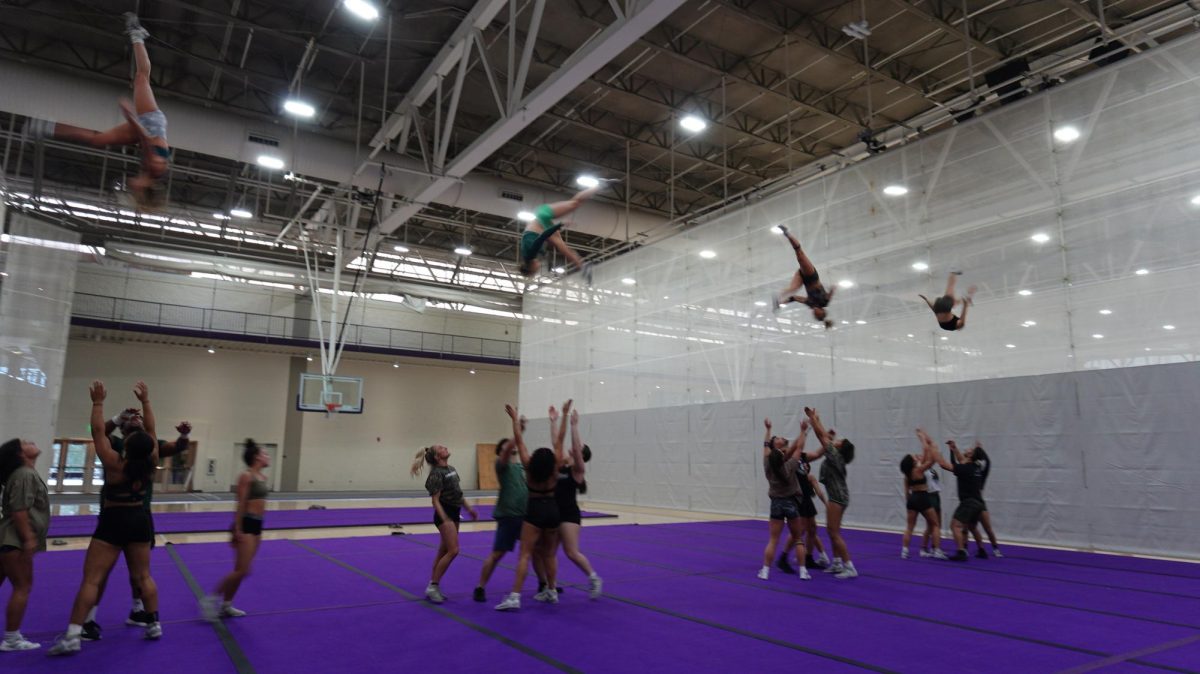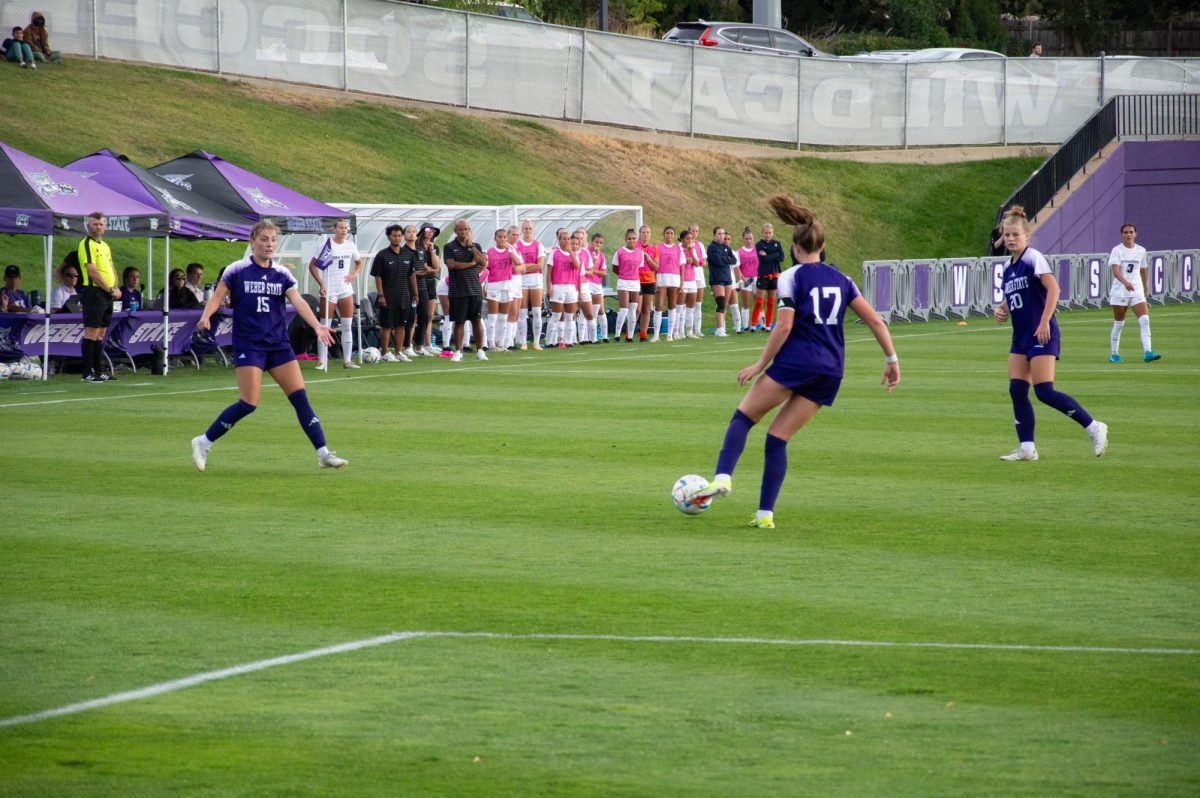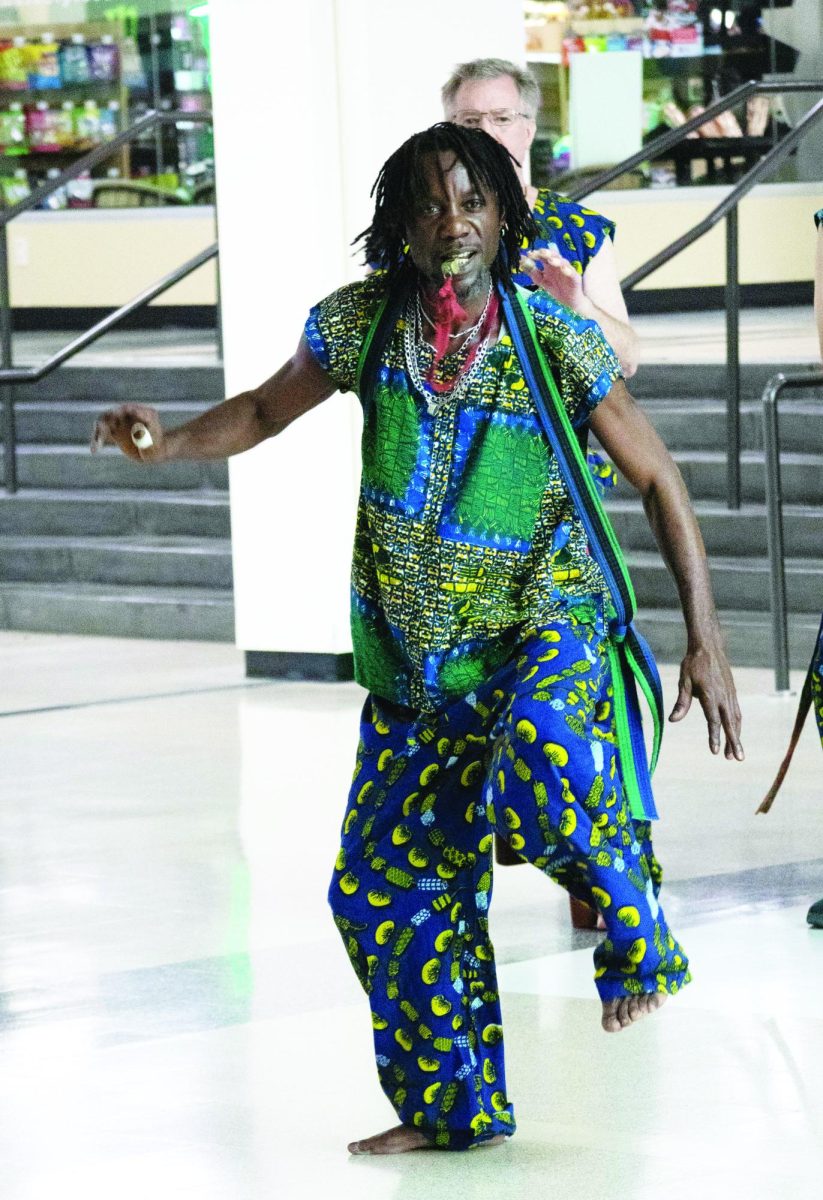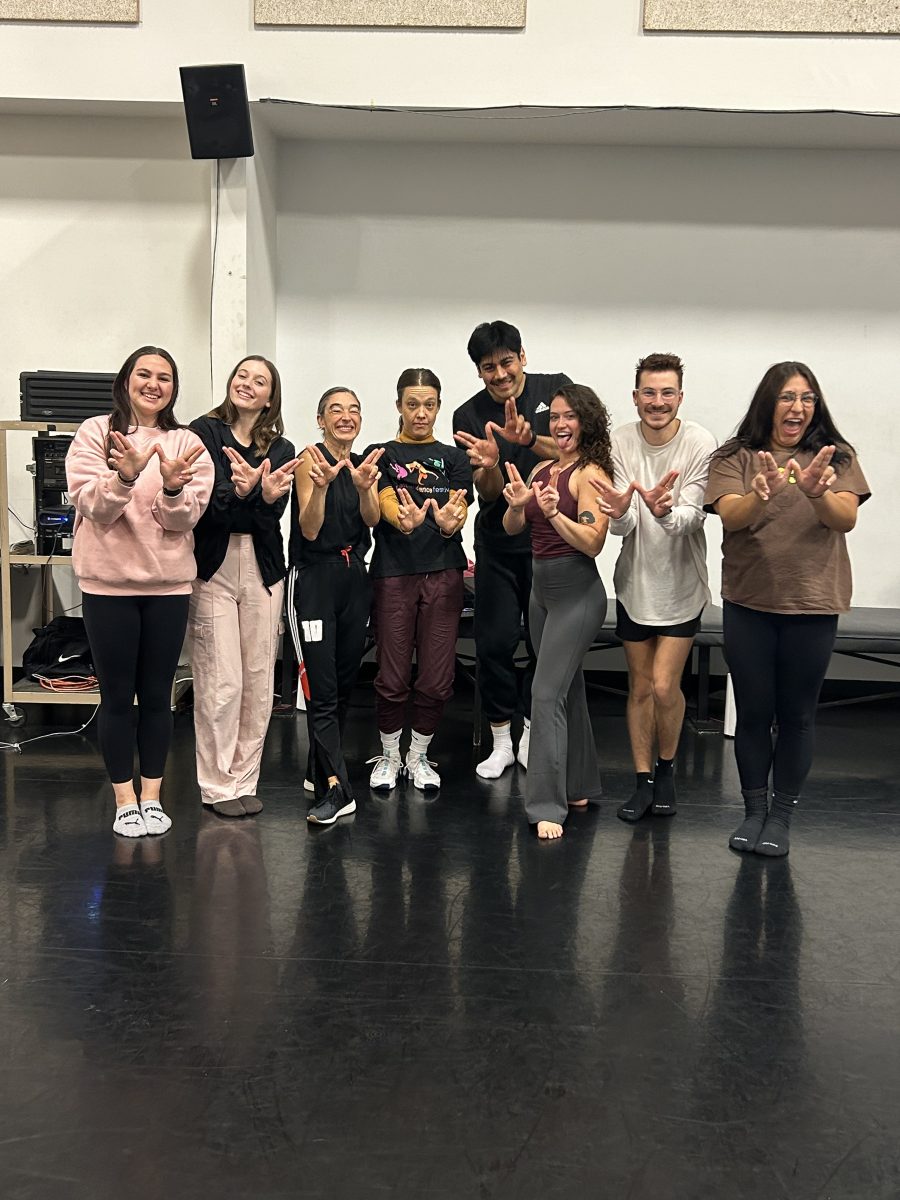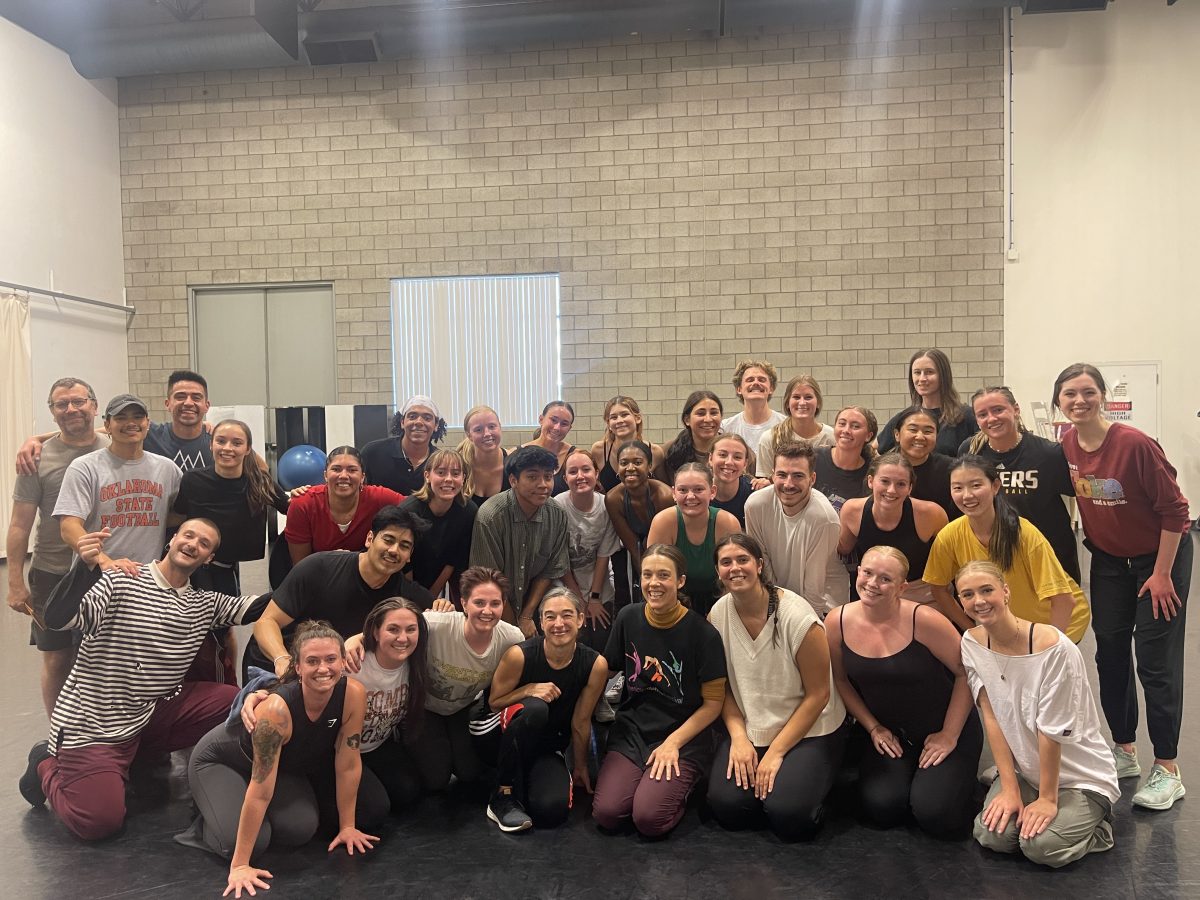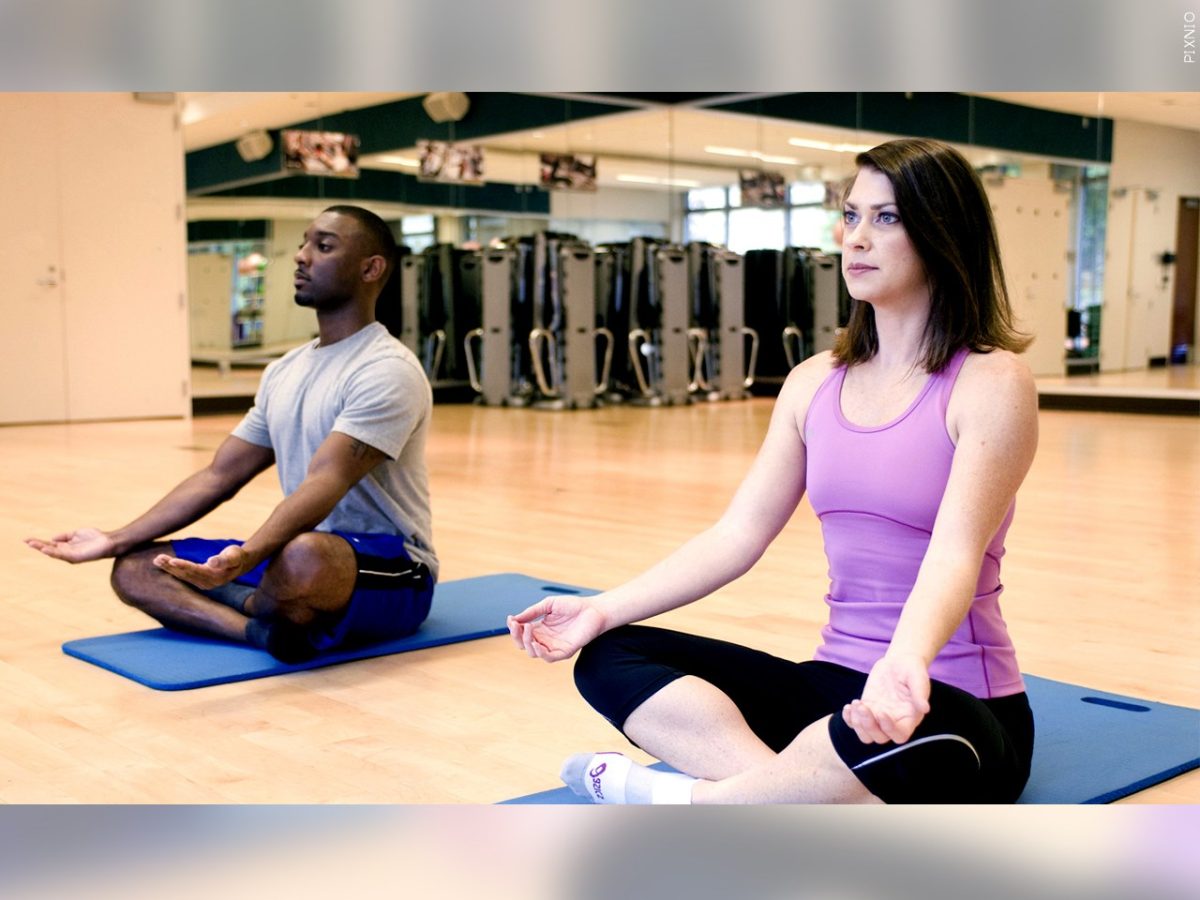Weber State University students in the performing arts department have experienced a drastically different year while continuing their studies during the pandemic.
According to the CDC, singing and other activities commonly found in the performing arts can be super-spreaders of the COVID-19 virus, which has made it difficult for performances to be live.
Due to this and other COVID-19 factors, the WSU Department of Performing Arts has turned toward virtual mediums to broadcast and record its events, and students have had to adapt as classes move online.
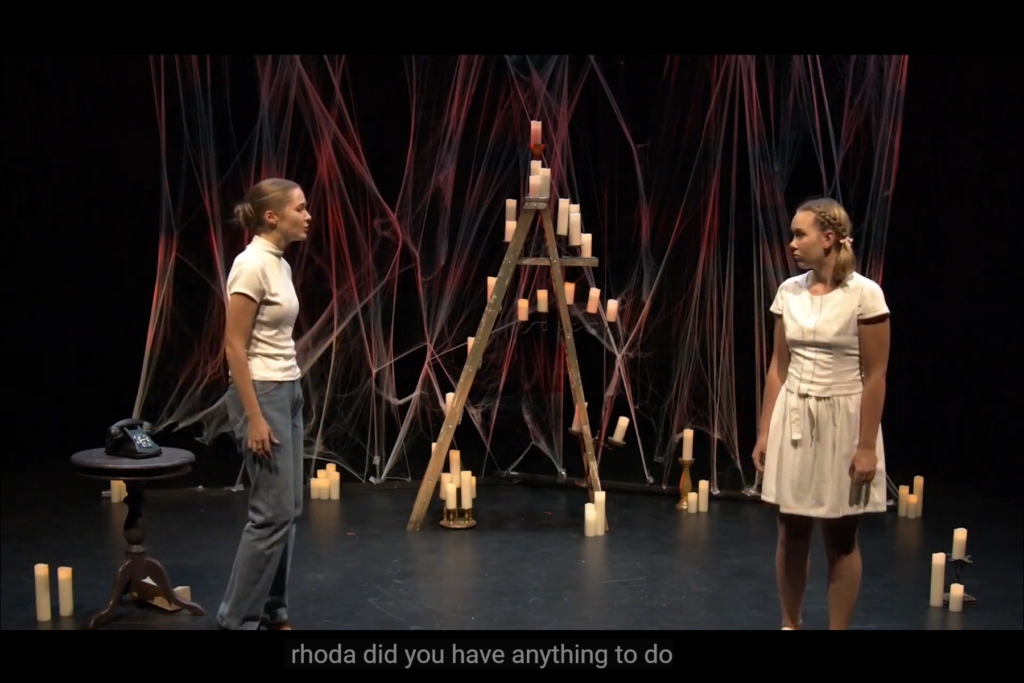
“This year has shown lots of different changes,” Macey Quigley, a junior studying vocal performance, said. “We aren’t allowed to perform for audiences. We have to sing in masks, we can’t stand close to each other and we have only been able to have rehearsals in small groups.”
The department had 337 majors and 384 minors enrolled in the fall 2020 semester. It shared over 40 performances, and the department estimated that over 25,000 people have watched these performances so far.
Students in the performing arts programs reflected on the way their experiences have caused them to grow and develop a little differently this year.
Quigley said she had only one opportunity to perform this semester, compared to the usual 20 times in a regular semester. She said this makes her unhappy, but she is impressed with the ways the school has found to help students share their talents through performing, virtual workshops and rehearsals.
“I’m glad we can still find ways to perform and share our art with others, even if it’s in an unconventional way,” Quigley said.
Audrey Christensen, another student in the vocal performance program, said there were some positive aspects to studying online at this time.
“This year, with less in-person teaching, I have had to rely a lot more on my own skills and knowledge to help me progress with my voice,” Christensen said. “I’ve gained a stronger work ethic and have been practicing a lot more on my own.”
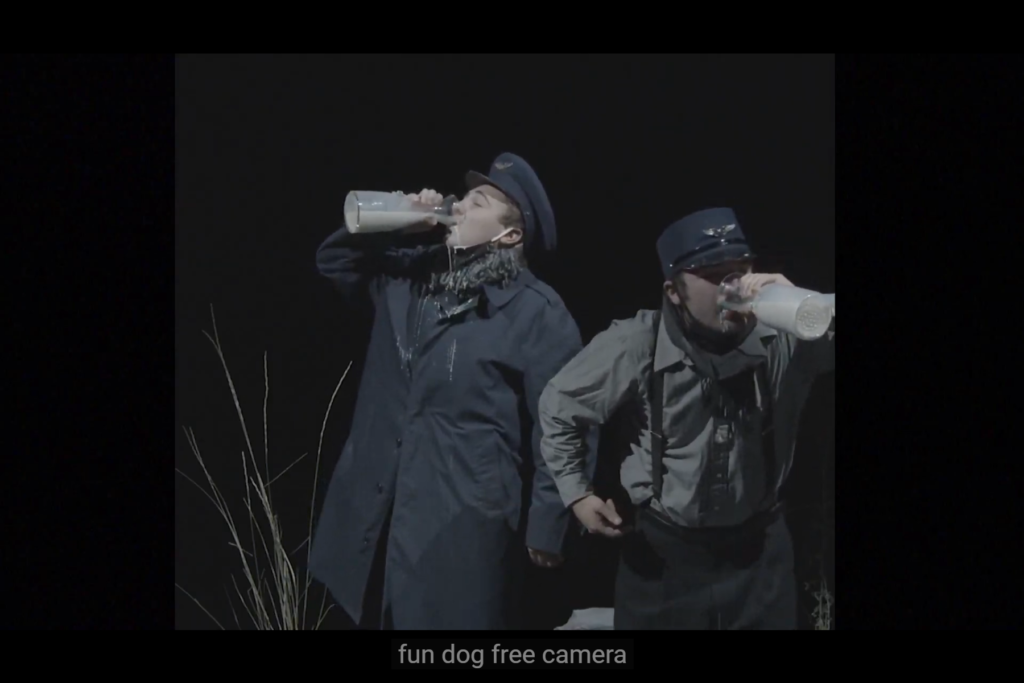
Christensen said she misses performing in front of audiences, but this experience has caused her to grow in ways she didn’t know she would. She said performing for a recording is much different and she has learned to draw energy from herself rather than from the audience.
“Everything is different, but I don’t think in a bad way,” Christensen said. “I’ve developed new useful skills for my future in performing, and I’ve been loving it. I have learned that performing is truly what I want to do professionally, and I’ve discovered a renewed passion for pursuing my major.”
Rebecca Schull, another vocal performance student, also recognized the different energy that comes from performing virtually.
“As performers, we often gather our energy from the audience, and it goes in a loop between the two parties—that’s what keeps us going for three hours of opera,” Schull said. “But without an audience, we have had to find our own internal source of excitement and motivation. Knowing how to do that has been empowering.”
Schull said it’s more challenging to have self-guided rehearsals, but it’s a great preparatory experience for her future, and it is giving her tools to succeed.
The challenges have not just been for vocal performance students, but across all majors in the department of performing arts. Students in the musical theater program have found this year to be especially challenging and miss being on stage with an audience.
“It truly does feel like performing arts have been dealt a losing hand,” said Hunter Jex, a sophomore studying musical theater and music direction. “All performances for this season were canceled. Classes have moved to virtual formats, as well as voice and piano lessons. One can only imagine how frustrating it is to try to sing, act and perform over Zoom.”
He said hope has come from the innovation and creativity of the program. He was able to participate in a performance where a small stage was set up in the Eccles Theater surrounded by recording equipment with two sound designers there to assist. This provided a safe environment for them to provide a showcase of performances with social distancing, masks and sanitization.
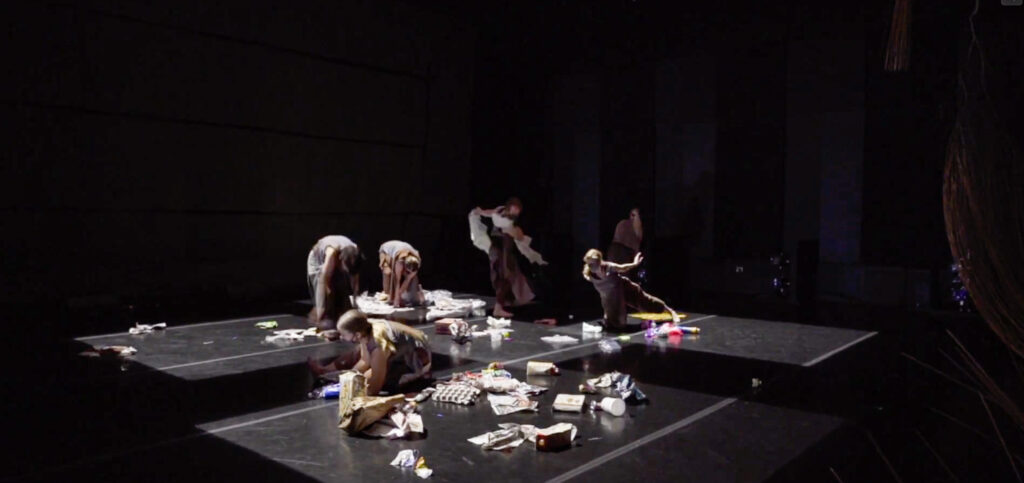
Jex found virtual and in-person rehearsals take much longer than they did in the past. Specifically, he said in-person rehearsals have required more focus than ever before. They are only given 50 minutes to work before they have to clear the room for circulation purposes, and then they can return to work for 50 more minutes.
One challenge, Jex noted, in virtual rehearsals is that they will spend hours looking into a camera lens and delivering lines to one another, but it is often a few seconds late due to the sound delay. He also said it is difficult to find the time, space, energy and quiet to rehearse at home on a laptop or phone.
Despite the challenges, Jex said there are still good things happening and he is grateful for WSU faculty and staff who have made performing during this time both possible and safe.
“I’ve learned to stay on my toes during unprecedented times,” Jex said. “Circumstances are constantly changing in the world of performing arts, and we are simply pioneers for this new and strange time. Our most important asset is the ability to roll with the punches, adapt and, against all odds, overcome these new challenges.”
While the pandemic continues, so do the efforts of the program to allow these students to further their education.
Abby Philpott, a junior studying musical theater, said she has performed from her living room with folding chairs as ballet bars. When in person, she danced, acted and sang socially distanced and with a mask on.
“It’s a blessing we’re all so used to masks now,” Philpott said. “Singing and dancing with a mask on makes walking around with one on in the grocery store feel like nothing.”
Philpott said she is grateful for the precautions WSU is taking during this time to keep students safe while still seeking to provide opportunities for performing. She said the faculty has worked hard to plan virtual theater experiences.
Philpott said she learned some big lessons this year.
“Looking back on how my life used to look, I miss it more than anything,” Philpott said. “I miss performing, and once I’m able to work and live on theater again one day, I’ll never take it for granted again. We had no idea how lucky we were.”


